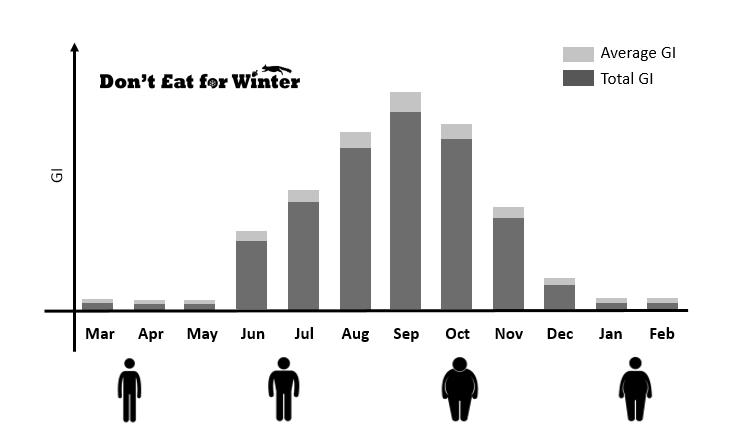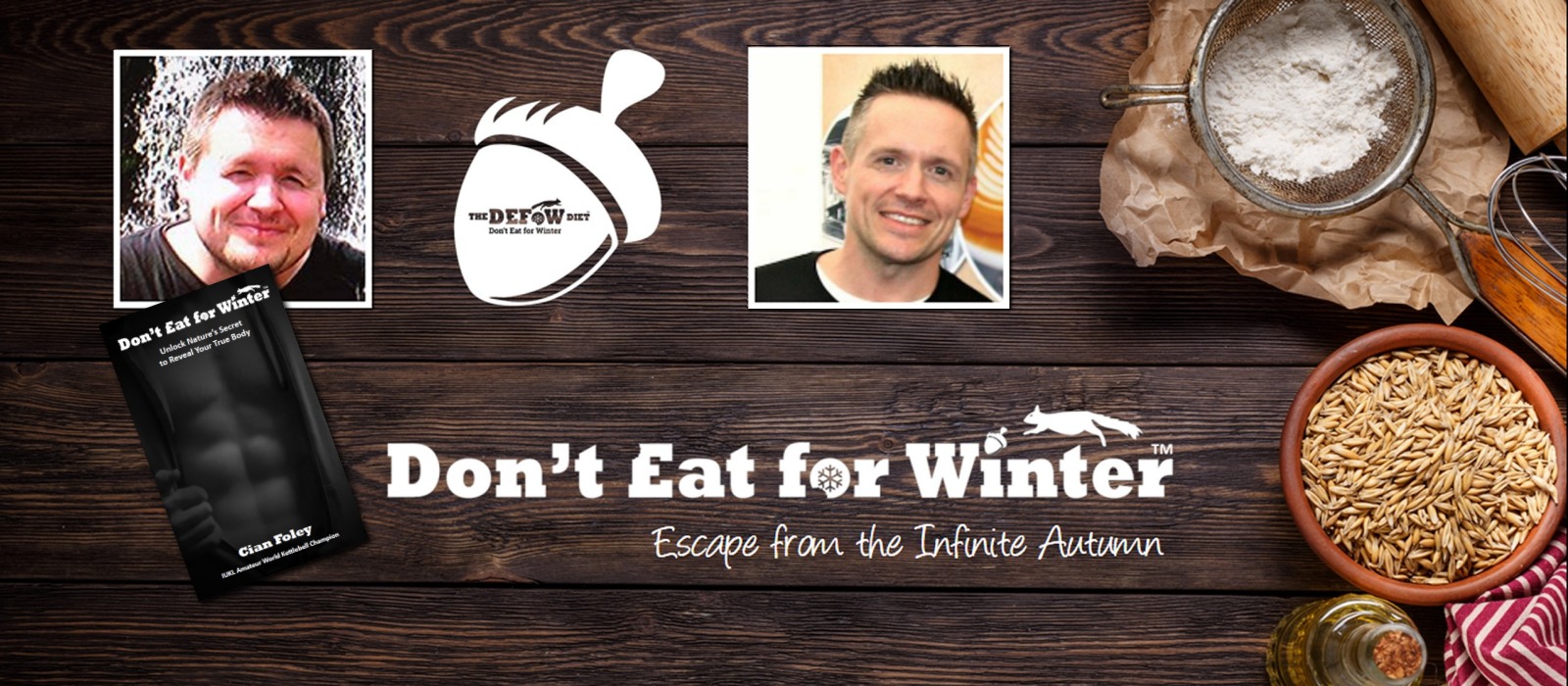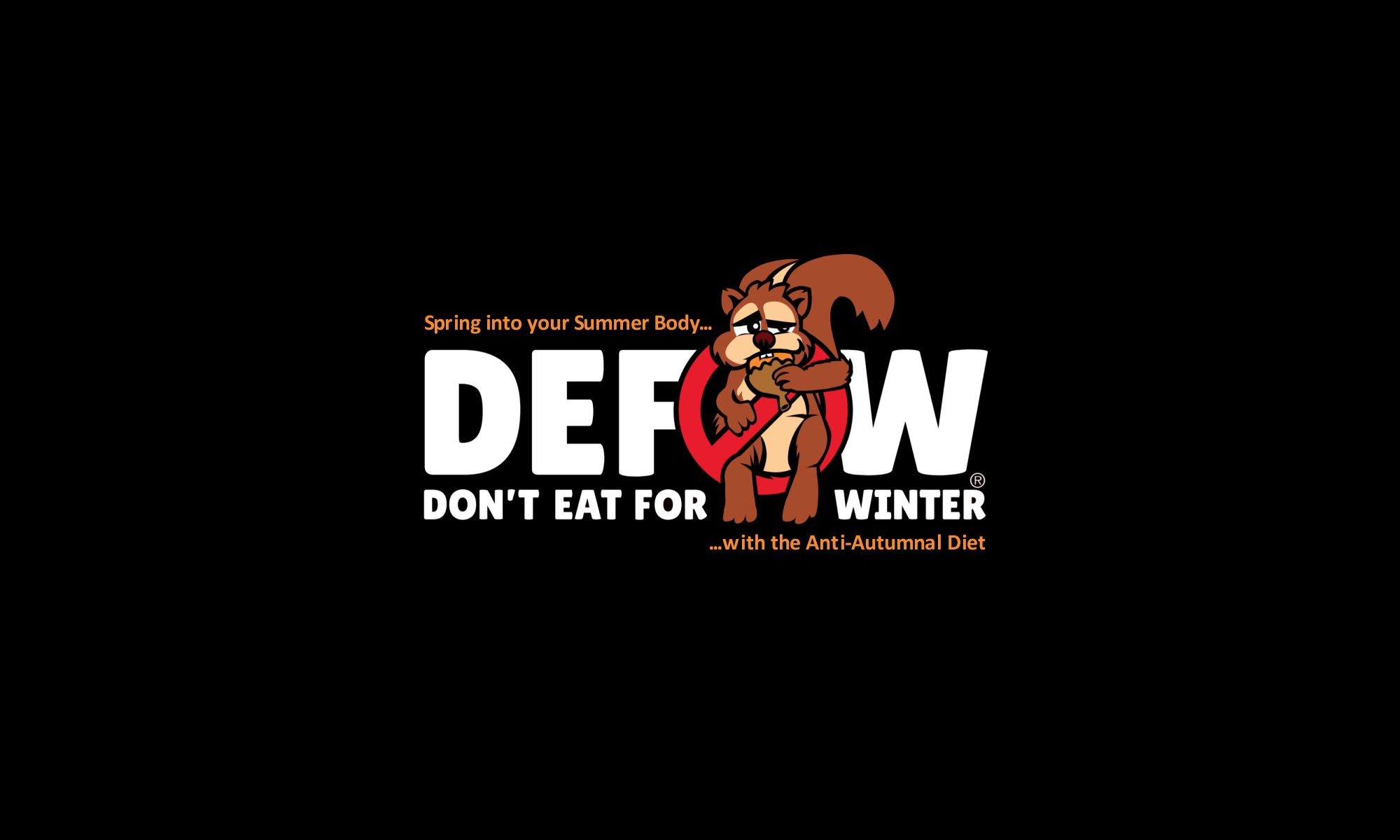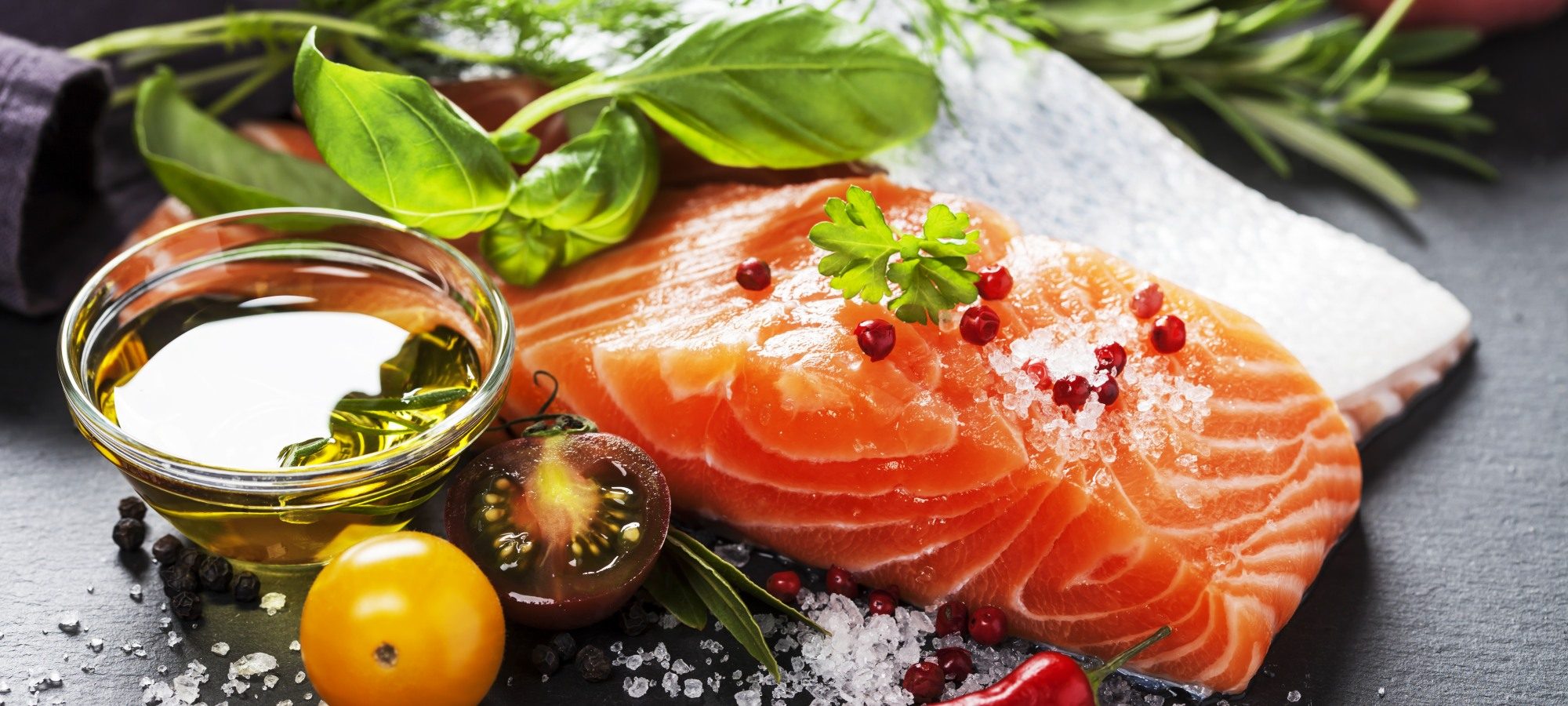There are many scientific studies showing that low carb diets work, and many scientific explanations behind the processes carbohydrates trigger to promote weight gain, but what most people will not tell you is the fundamental, common sense reason why low carb diets work. When the why is understood, it is far easier for a person to implement a solution tailored for their likes and dislikes.
Don’t Eat for Winter provides the common sense answer why low carb diets work, but that’s the thing about common sense, sometimes it isn’t common until someone actually says it out loud.
The underlying reason why low carb diets work so well is that they simulate the food available in seasons other than autumn (or the macro-nutrient ratio at least). For example the ketogenic diet simulates a time in nature when there are few carbs available e.g. winter and spring.
Typically, carbs only appear in nature in autumn time (the further from the equator you go the more acute this period is) and I believe help prepare the human body for the food shortages and cold of winter through the depositing of body fat. This is why our current high-carb diets are responsible for weight gain.
Think about it, grains, fruits, potatoes etc. typically ripen from late summer to early autumn and then they perish soon after. i.e. they are seasonally variable, unlike protein and fat from animal/fish/poultry sources, which are relatively stable. Below is a graph of the increase in GI of foods over the course of the year, you can see a pronounced spike in nature’s sugar levels in late summer and autumn.

Carbohydrates cause blood sugars to rise, which triggers an insulin response and the body then can create and store body fat. There are other processes too that make us want to gorge such as the release of dopamine, which is known in lay terms comfort eating.
In english, this means that nature is beguiling us into gorging on foods that trigger fat storage, in order to protect us from the oncoming hardship of winter.
Human body fat serves two purposes in Winter time:
- as a backup energy supply for when food becomes scarce and
- as an insulation layer to protect us from the cold.
Thus, nature worked symbiotically with us through the provision of sugary and starchy foods in autumn time, and through our own evolution and adaption we responded to this by developing the ability to use this food type as the trigger signal to store excess energy at that time as body fat in order to survive the oncoming winter. Those of us who can put on weight quickly are the result of this evolution and this is the fundamental reason why these foods taste so good. It is all about survival.
The problem nowadays is that not only do we live in an environment where autumnal carbs are a component of practically every meal and snack, the carbs are also refined so that the good is removed and practically only the energy remains, and thus we are living in an amplified infinite autumn, further compounding the problem.
Traditionally winter would have knocked off the temporary weight we gained in autumn time, but nowadays winter never comes and so we continue to pile on the pounds over years and years and we all know the outcome: the obesity epidemic, which is now killing more people than malnutrition globally. Can you imagine that, we’ve practically solved world hunger through our ingenuity, only to cause an even bigger problem, which is causing untold death and suffering worldwide. We need to use the same ingenuity now to solve this crisis.
It get’s worse however as high carb diets were recommended to the masses by experts for the past 60 years, just google the sugar scandal to discover the full story but essentially the role of sugar in chronic heart disease was downplayed and fat got the blame and so we have had high carb / low fat diets as a result, which have been promoted by health experts, education systems, governments etc since then. It turns out this finding correlates with the increase in obesity worldwide and so we can conclude that the low-fat era has been absolutely disastrous for human health.
At least now there is an admission of the problem with sugar taxes being implemented, with the food pyramid having vegetables and fruit moved to the bottom and with organisations like diabetes.co.uk running a low carb programme, so we are moving in the right direction but more needs to be done and more quickly too.
Personally, I don’t like a complete flip flop and demonisation of sugar. Low carb does not mean no carb for me. Extremely low carb means very high fat diets and that would be difficult to come by in nature. Our bodies run extremely well on a both glucose and fat and so there has to be a happy medium. I believe that happy medium is precise carb but as with everything, timing is critical.
At rest the brain will use approx 400 calories a day of glucose, which the body can get from sugar or starch. It is preferable to get this sugar from natural, plant based foods that are full of fibre and nutrients. That’s about 60% of the body’s requirement for sugar for a sedentary person. Most of the rest of our energy should come from fat as our bodies will use this very efficiently aerobically (respiration). The body actually runs at 85% efficiency on fat at rest. The variables come in when you add in activity into the mix and the type of work also matters. Eg. lifting weights is sugar based, whereas a very long walk at low intensity would be more fat oriented so the fuel for exercise should be considered over and above the calories and supplement our basic requirements.
Don’t Eat for Winter is a diet book by amateur world kettlebell champion Cian Foley, who lost 90lbs of fat himself. It promotes what would now be considered a LC/HF diet (Low Carb / High Fat) but is essentially a very balanced diet. It is only low-carb in comparison to today’s extreme-carb diets, and is not particularly high fat either, but it does recommend getting fats from really good sources containing omega-3 polyunsaturate fats for example. It is a moderate balance of carb, protein and fat based on the rules of nature and our daily requirements of nutrients from both an energy and functional point of view, however the combinations are also important and a critical aspect of it is to avoid nature’s squirrel formula. It paints the scene, discusses the problem and provides a solution known as The DEFoW Diet, that creates a balance between our evolutionary heritage and the alien food environment in which we find ourselves in today through a novel approach of eating seasonally on a daily basis in terms of macronutrient ratios.

You can get a copy of Don’t Eat for Winter here if you wish to find out more.
Latest posts by Cian (see all)
- The worst macro combination for fat loss - May 11, 2021
- Top 200 Most Fattening Foods (most autumnal) - March 19, 2020
- Is there such a thing as The Perfect Diet? - November 22, 2019

